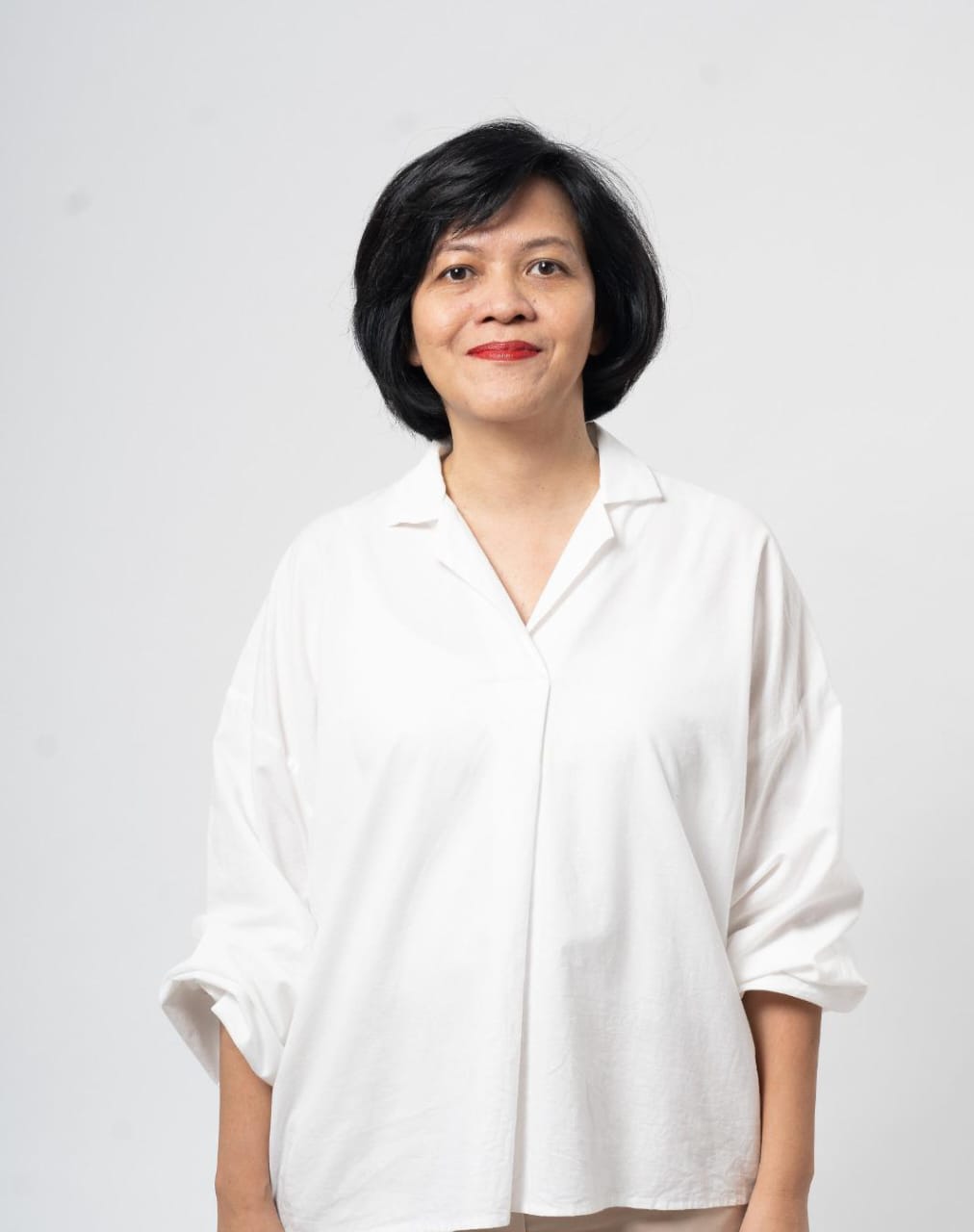Analysis of contamination in pharmaceutical products that occurred last year became a hot topic of discussion after there was a case of cough medicine contaminated by ethylene glycol (EG) and diethylene glycol (DEG) contamination that exceeded safe limits. This is quite disturbing for the public because it can cause acute kidney failure in children. From this case, Professor at the Faculty of Pharmacy (FF) Universitas Indonesia (UI) Prof. Dr. apt. Hayun, M.Si., highlighted the need for stricter supervision of raw materials and pharmaceutical products.
He said that the role of pharmacists is very crucial in ensuring the quality of raw materials and pharmaceutical products. “They (pharmacists) must have a strong understanding of contamination evaluation. Contaminants refer to unwanted chemicals contained in medicines or raw materials that arise from the manufacture of standards,” said Prof. Hayun.
He further explained that these materials were not chemicals that were added accidentally or intentionally. Contamination can be classified into several types, including organic pollution. This contamination may arise during the manufacture or storage of medicinal substances. This can be identified or not, and can easily evaporate or not. For example, by-products and reagents. There are also inorganic contaminants that can be produced in the manufacturing process. Usually, this type of contamination is known and identified, such as heavy metals and inorganic salts.
Finally, there are solvent residues which are potentially undesirable substances because they can harm human health or change the properties of certain compounds. Solvent residues can also affect physicochemical properties, such as bulk drug crystals affecting dissolution properties or color changes in the finished product.
He also emphasized that mastery of every step of production and storage, as well as a comprehensive understanding of the possibility of the emergence of unwanted substances, is very important in the pharmaceutical sector. “Focusing on product safety and quality is the main basis for ensuring public safety. Through this case, it is hoped that every industrial sector will be able to implement Good Medicine Manufacturing Practices (CPOB) correctly,” said Prof. Hayun during the peak event of FFUI’s 58th Anniversary at the Health Science Cluster (RIK) Auditorium, UI Depok Campus, on Tuesday (5/12).
Meanwhile, BPOM RI Young Expert Pharmacy and Food Supervisor apt. Shanti Marlina, S.Si, M.Sc., who was also one of the speakers at this event, said that every pharmaceutical company is required to obtain a CPOB certificate. “This certification is proof that the pharmaceutical industry has complied with CPOB standards in the manufacture of drugs and medicinal ingredients. This certification is valid for five years and is important to obtain a distribution permit for medicinal products,” said apt. Shanti.
In line with this statement, Irfat Hista Saputra, Ph.D as President Director of PT Karya Daya Syafarmasi said that CPOB is something that really needs to be paid attention to by industry players. CPOB is also included in quality management which ensures consistent drug production to achieve quality standards in accordance with intended use, marketing authorization requirements, clinical trial approval, or product specifications. CPOB certification can be revoked if the industry violates relevant laws or regulations, such as the presence of dangerous substances in the product or there are deficiencies in the production and validation processes that could endanger consumers.



